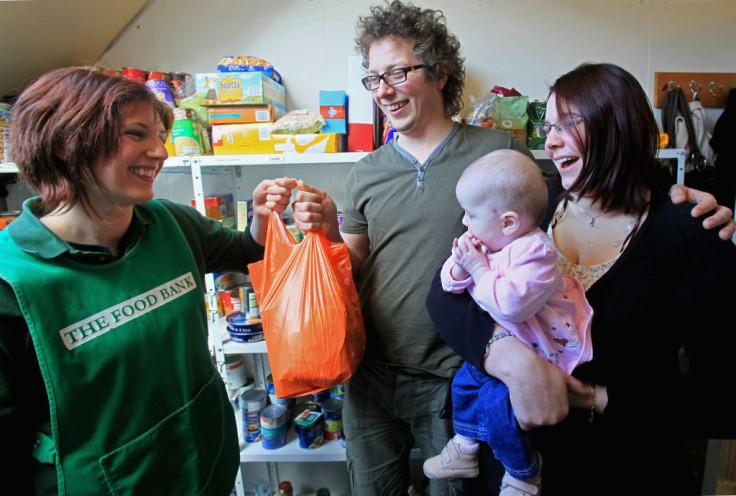
If the 4-month-old seems like an entirely new baby at times, you're not imagining it. The 4-month milestone is important, marked by major brain and physical development.
By this age, most babies will have doubled their birth weight and will start sleeping for longer stretches at night.
Four-month-olds encounter multiple exciting milestones, from enhanced mobility and more constant sleep schedules to interest in solid foods. Development progresses quickly, so it's essential to stay informed.
Physical and Cognitive Milestones
Vision
The baby's vision is enhanced, permitting them to track objects and hold their head steady thanks to raised neck strength.
They can sit upright with support and follow moving objects from side to side. They also enjoy looking at a mixture of colors, shapes, and patterns.
Language and Recognition
Swift brain development is proof as many connections are made in your baby's brain. Pediatrician Dr. Florencia Segura explains that these relations are assisted through interactions, like responding to the baby's smiles and coos.
The baby now perceives familiar faces and may smile at family members, mimic expressions, and respond to affection, potentially even laughing for the first time.
Reaching and Exploring
Four-month-olds love shaking objects and bringing them to their mouths. They might become fascinated with their feet and begin reaching for everything, coordinating vision with movement to grab what they want.
Muscle Development
During tummy time, the baby should be able to push up onto their elbows or hands. They may begin rolling from belly to back and can push down with their legs when you assist them standing on a flat surface, which assists in building leg strength.
Developmental Milestones of a 4-Month-Old
Food Milestones
While breastmilk or formula remains the main source of nutrition, introducing solid foods between 4 and 6 months with a pediatrician's authorization.
Begin with soft foods that can be mashed with gums, such as baby cereal, and propose them one at a time to monitor for allergies. The CDC suggests against beginning solid foods before 4 months.
Sleep Milestones
A 4-month-old needs 12 to 16 hours of sleep constantly, including four naps totaling three to four hours.
Babies should sleep on their backs on a flat surface without toys, pillows, or loose bedding to avoid suffocation. Despite raised mobility, continue placing them in their crib on their back.
Sleep Regression
The 4-month sleep regression may happen, causing formerly good sleepers to wake up regularly.
This stage is temporary and associated with brain and body growth spurts. Maintaining constant sleep routines and teaching self-soothing can help.
Health and Safety
At the 4-month well visit, babies get the same vaccines as at 2 months. The pediatrician will discuss feeding, sleep schedules, growth, and any concerns.
Seek safe sleep practices to avoid SIDS, use rear-facing car seats, and begin babyproofing the home.
Common Issues of 4-Month-Old Baby
- Colds and Runny Noses: Green or yellow discharge is typical and usually not a sign of infection unless accompanied by serious manifestations.
- Stomach Bugs: Breastfeeding is best for stomach bugs. For formula-fed babies, allow small amounts of oral rehydration solutions.
- Fever: Contact a healthcare provider if the fever surpasses 102°F, continuous over 24 hours, or if the baby shows serious manifestations.
- Thrush: White patches in the mouth or continuous diaper rash may signify thrush, treatable with treatment from a pediatrician.
Basic Care Tips
- Burping: Not always necessary after every feeding as babies gain better head control, but continue if they seem uncomfortable or gassy.
- Preventing Bug Bites and Sun Exposure: Use natural insect repellents and prevent direct sunlight. Dress babies in protective clothing and keep them in the shade.
- Avoiding Honey: Never give honey to babies under 12 months due to the danger of botulism.
Include tummy time with several toys to help cognitive, physical, and social development. Use baby seats or pillows to help them as they learn to sit, and look after them intently.
Teething toys can calm sore gums, and a constant bedtime routine can help build good sleep habits.
If the baby shows any concerning behaviors, such as lack of response to faces, no smiling, crossed eyes, inability to hold their head up, or insufficient weight gain, consult a pediatrician. Remember, every baby is unique and develops at their own pace.
Related Article: Achievements and Growth of an 8-Month-Old Infant: Developmental Progress and Milestones